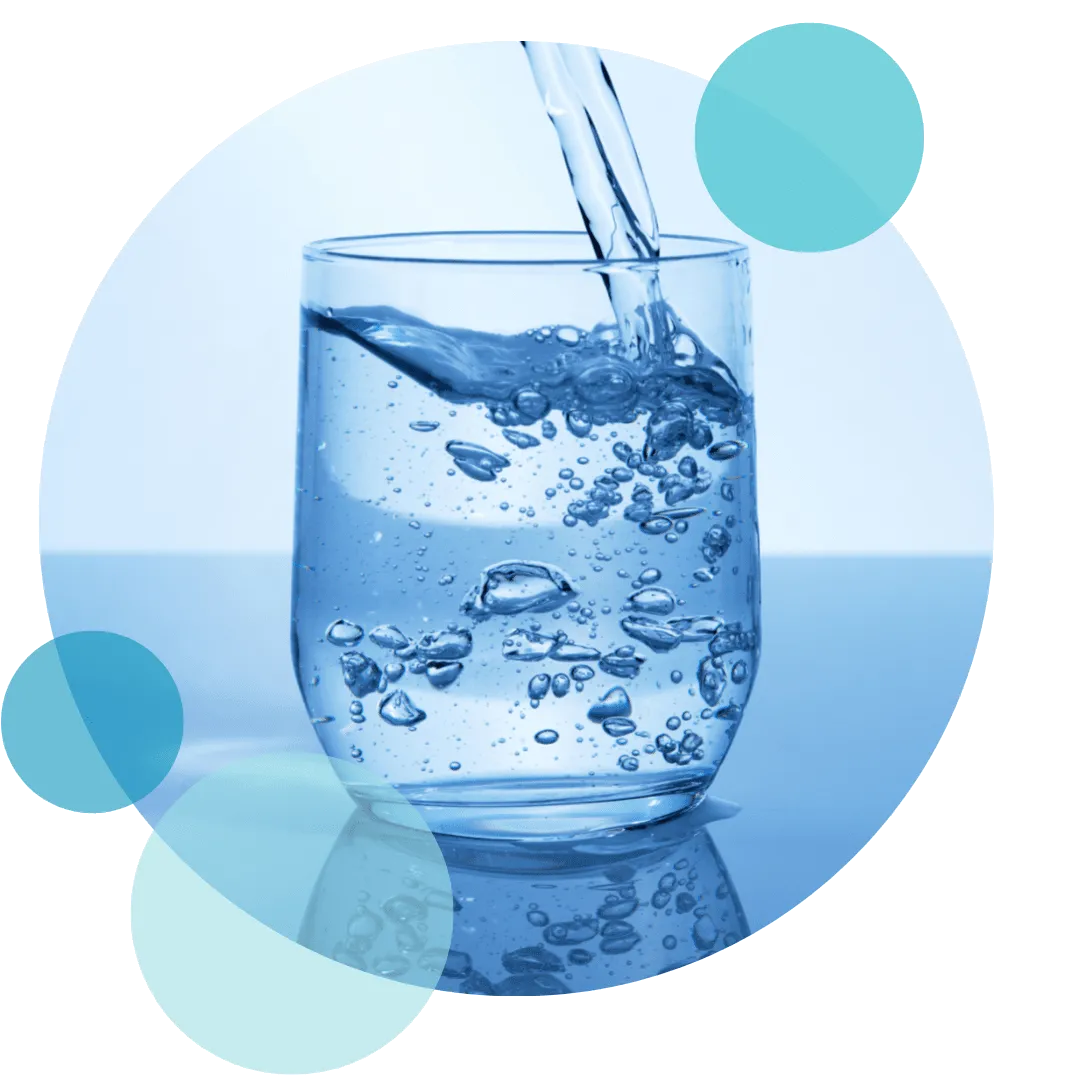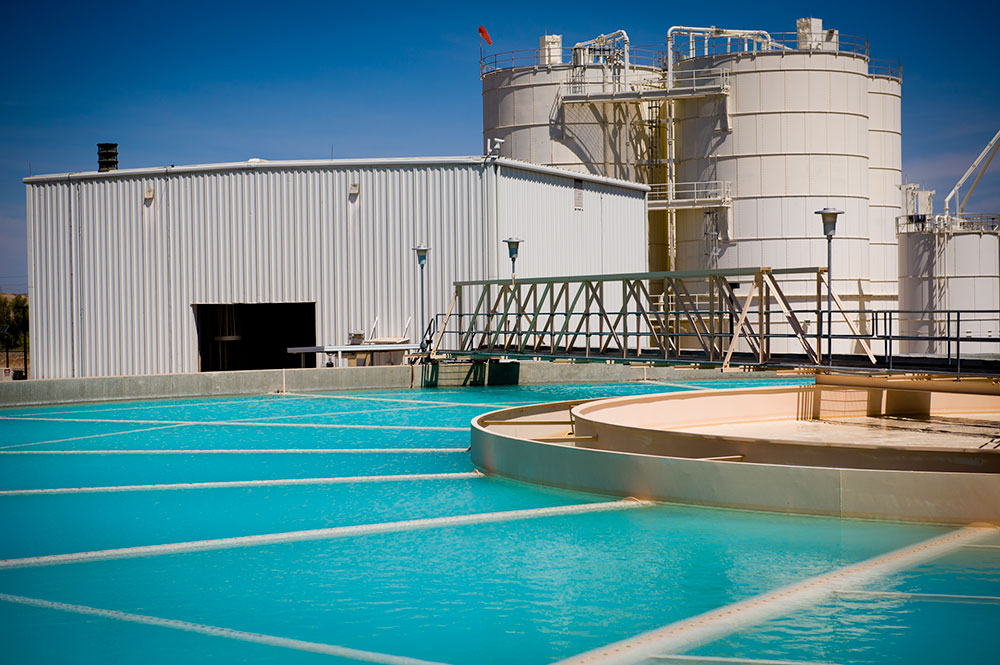Exploring Water Technology Startups: How They Transform Lasting Solutions
Water Technology start-ups are becoming vital gamers in the mission for sustainable remedies to international water issues. These business leverage cutting-edge modern technologies to improve water performance and management. Their payments resolve pushing difficulties such as shortage and contamination. Despite their potential, they deal with different challenges that might impact their success. Understanding these characteristics sheds light on the future of water sustainability and the role these startups might play fit it.
The Relevance of Water Technology in Today's World
As international water deficiency escalates, the importance of water Technology becomes significantly noticeable. Water Technology plays a critical function in resolving the obstacles positioned by reducing fresh water resources and raising demand. It encompasses a broad series of innovations, consisting of advanced filtering systems, wastewater treatment modern technologies, and smart irrigation remedies. These innovations not only improve the effectiveness of water usage but likewise advertise sustainable techniques across various sectors, consisting of agriculture, market, and metropolitan advancement.
In addition, the value of water Technology extends past resource monitoring. It promotes strength against climate modification effects, such as droughts and floodings, by supplying adaptive options for water preservation and administration. Furthermore, it sustains public health by ensuring access to secure and tidy alcohol consumption water. As the world encounters expanding water-related challenges, the integration of cutting-edge water technologies is crucial for fostering lasting growth and safeguarding water accessibility for future generations.
Cutting-edge Solutions From Water Technology Startups
While conventional methods to water management have actually served their purpose, a new age of water tech startups is changing the sector with innovative remedies (Water Technology Startups). These firms leverage innovative innovations to deal with pushing water concerns, such as scarcity, contamination, and inefficient distribution. Numerous start-ups make use of expert system and artificial intelligence to enhance water use and predict need, leading to more lasting methods
Additionally, numerous companies concentrate on developing sophisticated filtering systems that remove toxins and make water risk-free for usage. Others discover decentralized water treatment technologies, enabling neighborhoods to manage their water resources better. In addition, some start-ups are pioneering wise irrigation remedies that minimize water waste in farming, advertising environmental conservation.
Instance Studies: Effective Water Technology Startups
Numerous water Technology start-ups have actually arised as leaders in addressing international water obstacles via innovative methods. One notable example is Xylem, which focuses on water analytics and wise facilities to enhance water usage and lower waste. Their options have been carried out in numerous towns, demonstrating substantial improvements in water monitoring effectiveness.
One more effective start-up, No Mass Water, has actually developed solar-powered hydropanels that extract water vapor from the air, providing lasting alcohol consumption water in arid regions. Water Technology Startups. This Technology has been deployed in several countries, making sure neighborhoods have accessibility to tidy water
Finally, AquaVenture Holdings operates a diverse portfolio of water-as-a-service options, addressing water scarcity with desalination and wastewater treatment. Their tasks have actually verified crucial in regions encountering serious water lacks, showcasing the possibility of innovative water technologies to develop lasting, favorable impacts. These situation researches highlight the transformative capacity of startups in the water Technology market.
The Function of Smart Technology in Water Monitoring
Smart Technology plays an important duty in contemporary water management by leveraging IoT applications to enhance resource use. Information analytics boosts efficiency by giving workable understandings, while remote monitoring solutions allow real-time oversight of water supply. Together, these technologies transform how water is handled, promoting sustainability and functional performance.
IoT Applications in Water
As water deficiency and administration challenges increase around the world, the assimilation of Net of Points (IoT) applications has actually become a pivotal solution in optimizing water sources. IoT Technology assists in real-time monitoring and evaluation of water systems, allowing extra efficient use and management. Sensing units released in various water infrastructures can track high quality, flow rates, and leak, providing beneficial information to stakeholders. This data encourages customers and energies to make enlightened decisions, reducing waste and improving conservation initiatives. Furthermore, clever watering systems use IoT to optimize water delivery for farming, guaranteeing that crops receive the best quantity of water at the correct time. On the whole, IoT applications are transforming conventional water management methods, fostering sustainability and durability in water source systems.
Data Analytics for Efficiency
Taking advantage of data analytics is important for improving efficiency in water administration. Water Technology start-ups are increasingly using sophisticated analytics to maximize source allotment and reduce waste. By evaluating information from various sources, these startups can determine patterns and trends that educate better decision-making. As an example, predictive analytics can anticipate water need, permitting utilities to readjust supply appropriately, thus lessening excess and lacks. Additionally, real-time information processing makes it possible for the prompt discovery of leaks and inadequacies within distribution systems, significantly lowering functional expenses. Moreover, data-driven understandings equip stakeholders to implement targeted preservation techniques, cultivating lasting techniques. Essentially, incorporating data analytics right into water management not only improves procedures however also promotes lasting sustainability in water resource usage.
Remote Monitoring Solutions
While standard water management systems frequently fight with ineffectiveness, remote monitoring options are changing exactly how water sources are managed. These innovative innovations make it possible for real-time information collection and analysis, allowing stakeholders to keep track of water high quality, circulation rates, and use patterns from afar. Utilizing sensors and IoT tools, remote monitoring supplies instant understandings that promote positive decision-making. This shift not just boosts functional performance however likewise advertises sustainability by decreasing water waste and optimizing resource allowance. Additionally, remote monitoring systems can recognize possible issues before they intensify, therefore lessening the threat of contamination or facilities failure. As water Technology start-ups remain to create these solutions, the market is poised for significant improvements in sustainable water monitoring methods.
Obstacles Encountering Water Technology Startups
Water Technology startups encounter considerable challenges that can prevent their development and success. Key concerns consist of protecting ample financing, steering via intricate regulative atmospheres, and competing in a jampacked market. These obstacles require calculated preparation and innovation to overcome.
Financing and Investment Obstacles
Technology in water Technology holds immense possibility for dealing with international difficulties, startups in this field usually encounter significant financing and investment difficulties. Lots of financiers remain cautious, perceiving the water sector as high-risk as a result of its complex regulative landscape and lengthy advancement timelines. In addition, start-ups frequently struggle to show immediate success, which can prevent potential backers. Typical equity capital might forget water modern technology, favoring markets with quicker returns, such as technology or customer items. Securing gives and government funding can be competitive and taxing, more making complex economic stability. Consequently, lots of innovative water Technology start-ups discover themselves in a ragged edge, calling for imaginative funding techniques to navigate these financial obstacles and attain their goals
Regulative Conformity Issues
Guiding regulatory compliance is a substantial difficulty for startups in the water Technology market, as they must grapple with a myriad of regional, national, and international regulations. These policies frequently incorporate water high quality requirements, ecological protection legislations, and safety methods, which can vary extensively throughout jurisdictions. Start-ups may locate it hard to browse this complex landscape, particularly when scaling procedures or getting in new markets. The prices related to compliance can be significant, diverting resources far from technology and product advancement. Furthermore, hold-ups in obtaining essential permits or accreditations can impede development and market entrance. A robust understanding of regulatory structures is essential for these startups to assure lasting procedures and prevent possible legal consequences.
Market Competition Dynamics
As water Technology startups arise in a competitive landscape, they encounter various difficulties that can hinder their growth and innovation. Established firms commonly control the marketplace, leveraging resources and experience to maintain their placements. Start-ups battle with limited financing, which limits r & d capabilities, making it difficult to complete on Technology and rates. Additionally, the quickly progressing nature of water modern technologies needs continuous adaptation, further straining startup sources. Regulatory obstacles can make complex market access, as compliance with environmental requirements is vital yet expensive. Drawing in skilled skill in a niche field provides one more barrier, as larger companies might provide even more appealing work plans. These variables develop an intricate setting for water Technology startups aiming to be successful.
The Future of Water Technology and Sustainability

The future of water Technology will likely concentrate on integrating expert system and information analytics to maximize water distribution and use get redirected here patterns. By utilizing real-time information, business can predict lacks and take care of resources more successfully. Additionally, sustainable techniques will come to be a foundation of the market, encouraging circular economic situations where water is recycled and dealt with. Inevitably, the ongoing evolution of water Technology will certainly be vital in developing durable infrastructures qualified of fulfilling the difficulties posed by environment modification and populace development while advertising environmental stewardship.
Frequently Asked Concerns
What Are the Secret Metrics for Assessing Water Technology Startups?
Secret metrics for assessing water Technology startups consist of market potential, scalability, consumer procurement prices, revenue growth, modern technology innovation, regulatory conformity, environmental influence, competitive benefit, and group competence, all critical for figuring out long-term feasibility and success.
Just How Can Individuals Assistance Water Technology Innovations?
Individuals can support water Technology innovations by investing in start-ups, advocating for policy modifications, joining neighborhood campaigns, sharing expertise concerning sustainable techniques, and promoting awareness of water issues with neighborhood occasions and social media.
What Prevail Financing Sources for Water Tech Startups?
Common financing sources for water tech startups include financial backing, government grants, crowdfunding systems, angel capitalists, and business partnerships. These financial avenues help facilitate advancement and development in lasting water administration innovations.

Which Industries Advantage Many From Water Technology Advancements?
Industries such as agriculture, energy, production, and community services benefit considerably from water Technology improvements. These innovations enhance water effectiveness, decrease expenses, and promote sustainable methods, inevitably contributing to ecological preservation and source monitoring.
Exist Any Type Of Regulatory Challenges Certain to Water Innovation?
Yes, water Technology encounters regulative obstacles, consisting of compliance with ecological requirements, allowing procedures, and varying regional policies. These intricacies can impede development and slow down the application of brand-new technologies in the water monitoring field.
Water Technology startups are emerging as essential players in the pursuit for lasting options to international water issues. As international water deficiency heightens, the importance of water Technology comes to be progressively obvious. Others discover decentralized water therapy modern technologies, permitting communities to manage their water resources a lot more properly. An additional successful start-up, No Mass Water, has actually established solar-powered hydropanels that draw out water vapor from the air, providing site here sustainable drinking water in dry areas. Their projects have verified crucial in regions encountering extreme water lacks, showcasing the possibility of cutting-edge water technologies to develop lasting, positive influences.